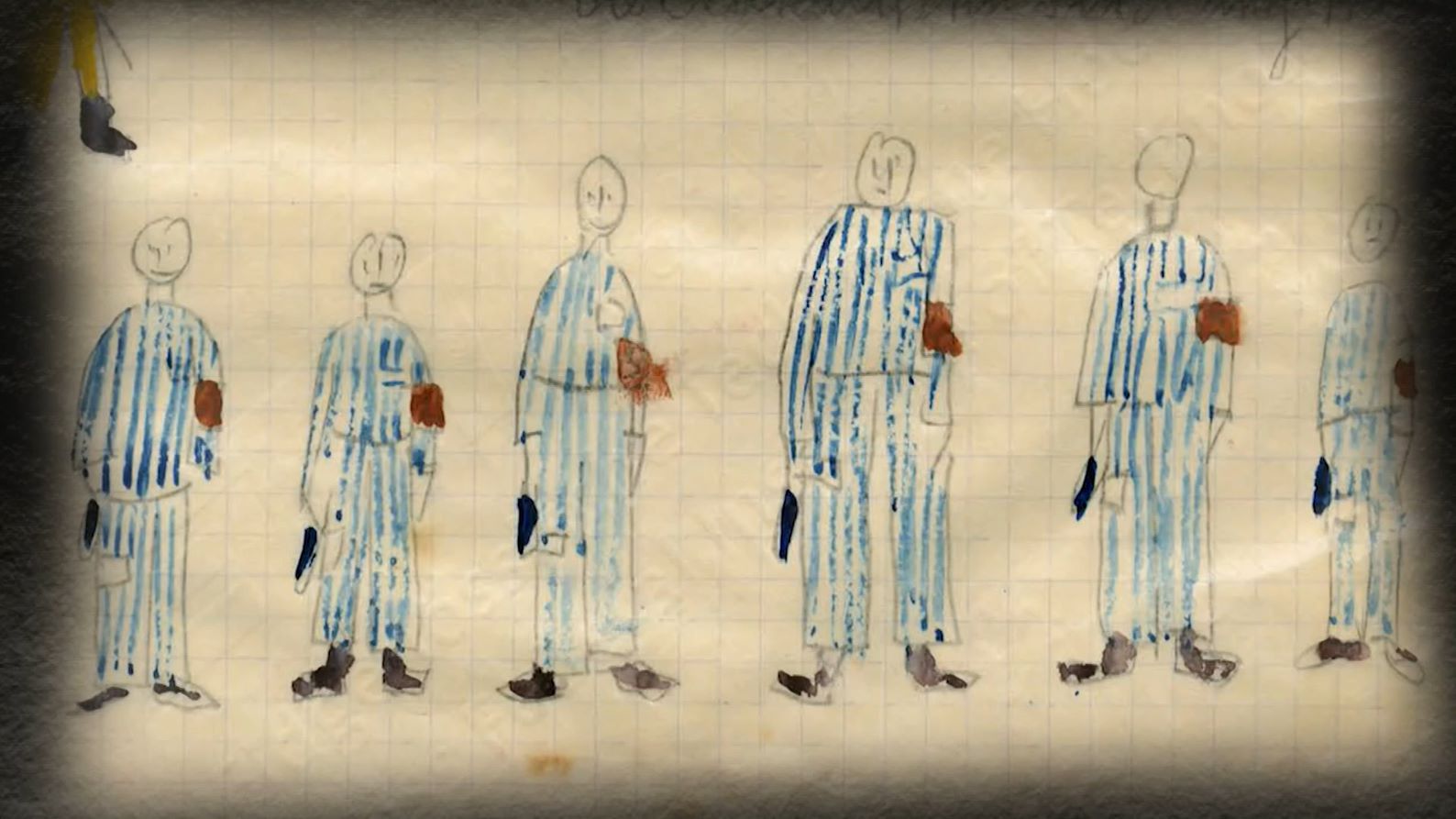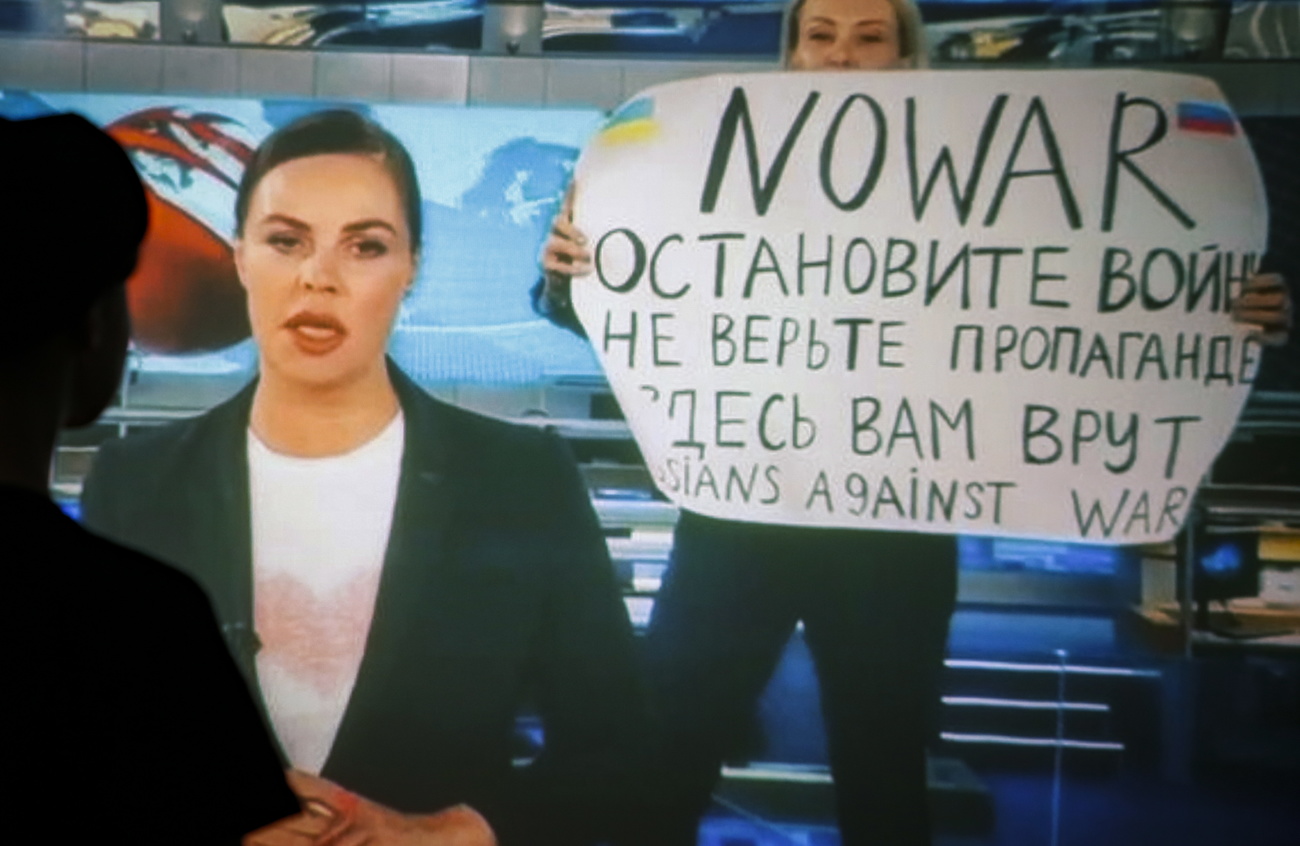
Switzerland Today
Greetings from Bern!
Here are the latest stories from Switzerland on Friday, including news that Roger Federer (pictured in 2019) will donate $500,000 “to establish access to continued schooling for Ukrainian children”.

In the news: The government has set aside a budget of CHF17.6 million ($18.8 million) to host a Swiss Pavilion at the 2025 World Expo in Osaka, Japan.
- The pavilion will show how Switzerland’s innovative strengths contribute to prosperity and sustainable development, the government said today. It will focus on various topics such as health, food, sustainability, climate, energy, robotics and artificial intelligence.
- The Swiss bought and drank less alcohol during the Covid-19 pandemic, with the average person cutting back by 2.6 standard drinks a month. The Addiction Switzerland foundation put this down to limits on private meetings, the closure of bars and restaurants and lower incomes.
- Another consequence of the pandemic is that almost one in ten job advertisements now mentions the option of working from home at least some of the time. This is more than three times what it was before the Covid-19 pandemic.
- Roger Federer today said he would donate $500,000External link (CHF470,000) through his foundation to ensure children affected by the war in Ukraine are provided with care and access to education. The UN Refugee Agency (UNHCR) said earlier this week that nearly three million refugees have fled Ukraine, about 7% of the country’s population, since Russia’s invasion began on February 24.

Countries all around Europe, including Switzerland, are taking in Ukrainian refugees. Almost 80 years ago Switzerland also offered to house thousands of children who had survived Nazi concentration camps, but its motivation was rather different, as a documentary explains.
After the Second World War Switzerland was desperate to improve its tarnished image. Taking in thousands of Jewish children seemed a good idea, but the well-intentioned offer turned out to be poorly planned and implemented.
This fascinating documentary accompanies the series PeaceExternal link, broadcast by the Swiss Broadcasting Corporation (SBC), in which fictional characters deal with events based on historical facts. It also features extraordinary archive testimony from Jewish survivors and Swiss helpers, as well as analysis by historians.

Top concerns at last weekend’s online meeting of the Council of the Swiss Abroad were its partnership with digital bank Yapeal, and the war in Ukraine.
Swiss expatriates have faced problems with Swiss banks for years. It is increasingly difficult for them to hold an account at a reasonable fee. Many people, including the Organisation of the Swiss Abroad (OSA), saw the emergence of digital banks as a solution. It therefore signed a partnership with payment service provider Yapeal, a Swiss start-up whose contract with the OSA is worth CHF50,000 ($53,000).
But then there were negative headlines and questions as to whether Yapeal was even financially sound. The OSA demanded information.
Concerns also turned to the war in Ukraine after Russia’s invasion. The war has forced Switzerland to close its Kyiv embassy, while at the same time neither embassy staff nor Swiss expatriates who wished to leave could be repatriated by plane, said Johannes Matyassy, director of the consular directorate of the Swiss foreign ministry. The European Union organised a special train and, according to Matyassy, 18 Swiss were interested in this organised departure, but only four made it to the railway station.
“The main problem for people is getting from their homes to the station,” he said. “We know of one or two very difficult cases at the moment of people who want to leave the country but are unable to do so by their own means.”

The first casualty of war is truth, as the saying goes. In the Russia-Ukraine war, as in many conflicts today, truth has become an easier target than ever thanks to digital technologies. What can be done?
Weeks before the first Russian missiles hit Ukrainian cities, the Kremlin made a series of false claims about the government in Kyiv. Ukrainian forces, Russian state-sponsored television said, were committing genocide in the breakaway regions of Donetsk and Luhansk along the Russian border. The Ukrainian side has also contributed to the information war, claiming, for instance, that the number of fatalities among Russian soldiers is much higher than US intelligence estimates or figures released by the Kremlin.
“In many conflicts, digital disinformation is used to mobilise support within your own population, destabilise the enemy or spoil a peace process,” said Julia Hofstetter from Swiss thinktank foraus, who specialises in the cyber dimension of conflict and digital peacebuilding.
Lausanne-based NGO Fondation Hirondelle has spent more than 25 years supporting independent media and training journalists in countries caught up in crises, with the idea that fact-based journalism can contribute to peace.
But Emma Baumhofer, digital expert at the peacebuilding institute swisspeace, says being presented with the facts is not enough to change people’s minds. “We have to address the root causes [that] are fuelling vulnerability to disinformation.”
Both Hofstetter and Baumhofer also see the need for digital literacy, especially to help people stuck in a news blackout. In Russia, where the government has restricted access to Twitter and Facebook, hundreds of thousands of people have reportedly used a VPN (virtual private network) to seek out other news sources. Yet most people are unaware of this option or how it works, Baumhofer said.
The most critical area for change, however, is social media because of the outsized role it plays in disseminating both fake news and verified information. “Platforms are really contributing to conflict because of the way they’re built,” Baumhofer said. “They tend to reward outrageous behaviour and anger because that’s what gets the most traction.”
More

In compliance with the JTI standards
More: SWI swissinfo.ch certified by the Journalism Trust Initiative

